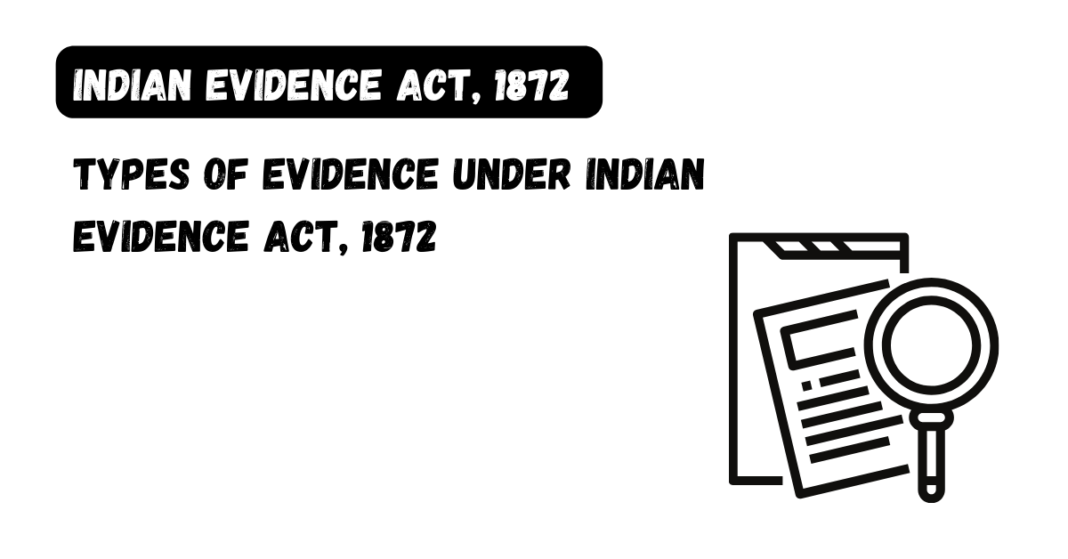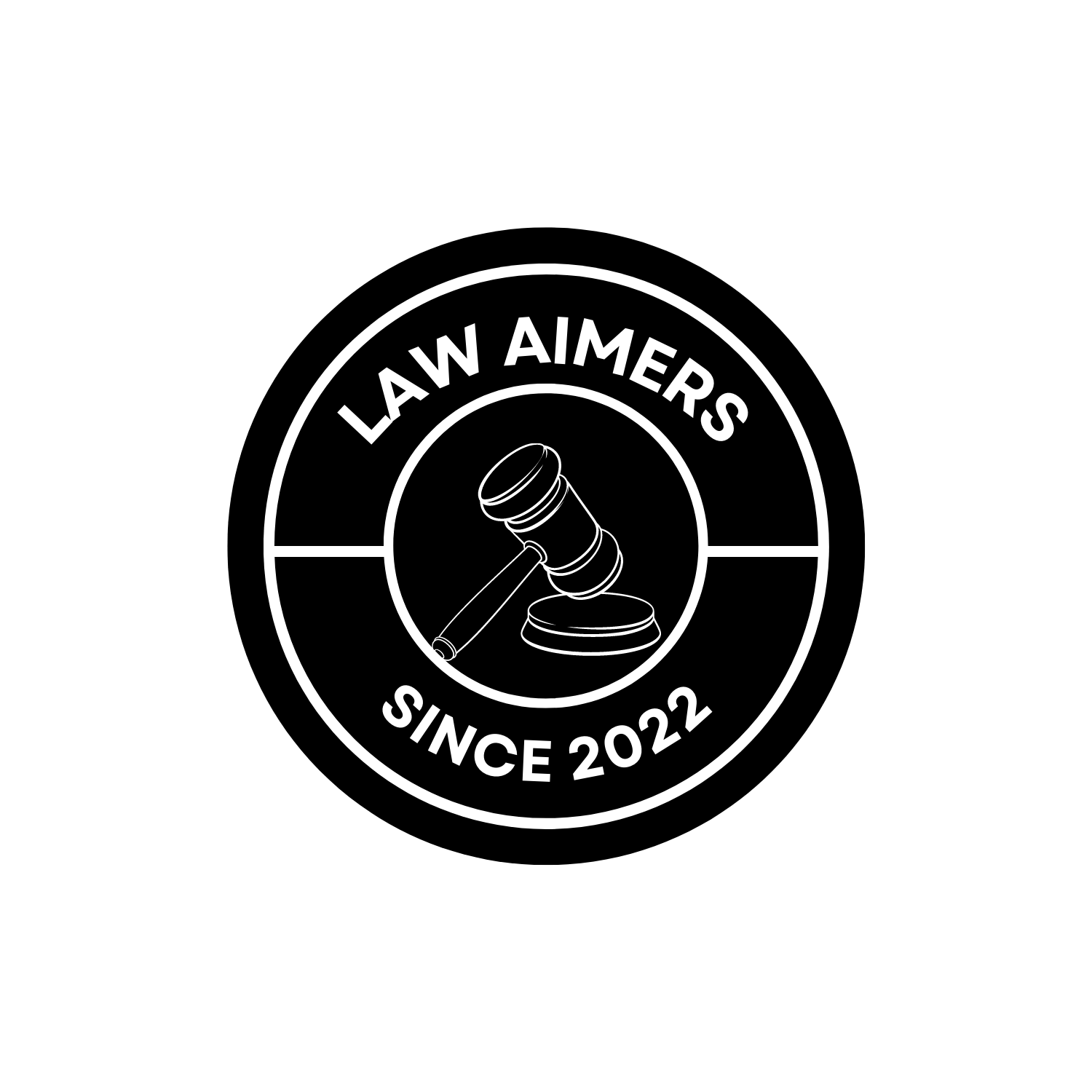Under the Indian Evidence Act, 1872, evidence is broadly classified into various types based on its nature, form, and admissibility.
Oral Evidence
Oral evidence refers to the testimony or statements given by witnesses orally in court. It includes statements made by witnesses during their examination-in-chief, cross-examination, and re-examination. Oral evidence is a primary form of evidence and is often crucial in establishing facts and events.
Documentary Evidence
Documentary evidence encompasses written, printed, or recorded material presented in court. It includes various types of documents such as contracts, letters, records, reports, maps, plans, photographs, and electronic documents. Documentary evidence can be primary evidence (original document) or secondary evidence (copies or reproductions) depending on the circumstances.
Real Evidence
Real evidence, also known as physical evidence, consists of tangible objects or material items presented in court for examination. It includes weapons, documents with physical marks, clothing, tools, or any other object directly related to the facts in issue. Real evidence is used to support or prove facts by demonstrating their physical existence or characteristics.
Expert Opinion
Expert opinion refers to the testimony or opinion provided by an expert witness who possesses specialized knowledge, skill, or experience in a particular field. Expert witnesses are called upon to give their professional opinions on technical or complex matters that are beyond the understanding of the average person. Their opinions are considered valuable evidence in areas such as forensic science, medicine, engineering, or any field requiring specialized expertise.
Expert Opinion
Circumstantial evidence consists of facts and circumstances from which inferences can be drawn to establish the existence or non-existence of certain facts. Unlike direct evidence, which directly proves a fact, circumstantial evidence relies on logical deductions and inference based on the circumstances surrounding a case.
Hearsay Evidence
Hearsay evidence refers to statements made by a person who is not present in court and is being offered for the truth of the matter asserted. Generally, hearsay evidence is considered unreliable and is not admissible. However, the Indian Evidence Act provides certain exceptions to the hearsay rule, allowing hearsay evidence in specific circumstances.
Presumptive Evidence
Presumptive evidence includes evidence that creates a presumption or inference of certain facts or legal consequences. The Indian Evidence Act contains various provisions that establish certain presumptions, such as the presumption of legitimacy of a child born during a valid marriage or the presumption of sanity.





